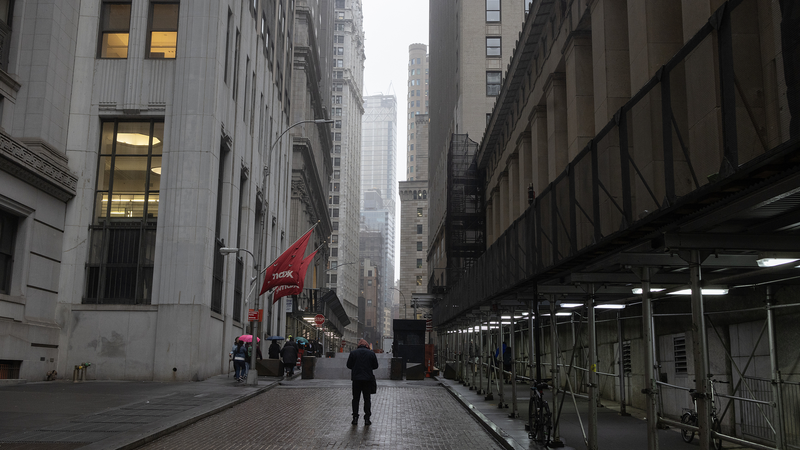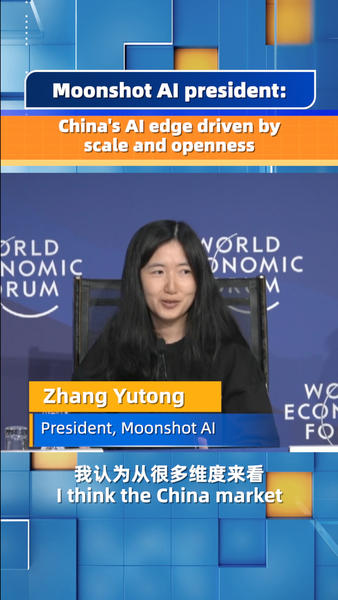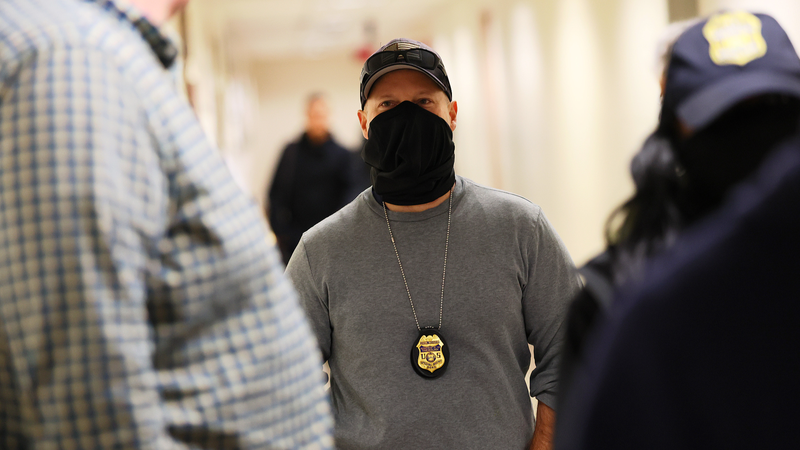Corporate America is feeling the heat 🔥 as aggressive US tariff policies send shockwaves through the business world. Under renewed pressure from the Trump administration, a series of new trade measures have sparked fears of a looming recession and shaking global trust in US economic stability.
Billionaire hedge fund manager Bill Ackman, a strong supporter of the current policies, warned on social media that these tariff moves could unleash an 'economic nuclear war.' Ackman called for a 90-day pause on new tariffs to give businesses and policymakers time to negotiate and de-escalate tensions. His cautionary words have resonated with many, stirring a debate about whether such measures might inflict long-term damage on the economy.
Wall Street is not far behind in voicing concerns. Larry Fink, chief executive of BlackRock, noted that many CEOs already believe the US economy might be in a recession. Speaking at the Economic Club of New York, Fink warned that if tariff tensions continue unchecked, equity markets could experience a further slide of up to 20%. This sentiment was echoed as investors reacted sharply—reflected in the S&P 500 index, which dipped 10.5% and saw a staggering loss of around $5 trillion in market value.
A recent survey conducted by CBIZ and Hofstra University painted a further grim picture: over half of mid-sized business CEOs expressed deep worries over the financial repercussions of these tariffs, while nearly three-quarters reported delaying investment decisions due to the mounting uncertainty. This hesitancy signals a broader trend across boardrooms, where the fear of policy-induced instability overshadows opportunities for growth.
Despite these warnings, the administration remains steadfast in its tariff-first strategy, with remarks like "Sometimes you have to take medicine" underscoring a belief that tough measures are sometimes necessary. However, industry experts warn that without a strategic course correction, the long-term economic fallout could be severe. Just as a band might face a tough crowd when experimenting with a new, edgy sound, the US economy now faces a critical moment where bold policy might destabilize markets instead of fortifying them.
This unfolding scenario serves as a vivid reminder that even well-intentioned economic moves can lead to unexpected consequences. As market volatility continues and businesses hold off on key investments, the balance between protecting domestic industries and maintaining global financial trust has never been more delicate. Keep an eye on how these changes unfold—for now, the message is clear: the road ahead is uncertain, and every decision could ripple across the global market.
Reference(s):
cgtn.com




